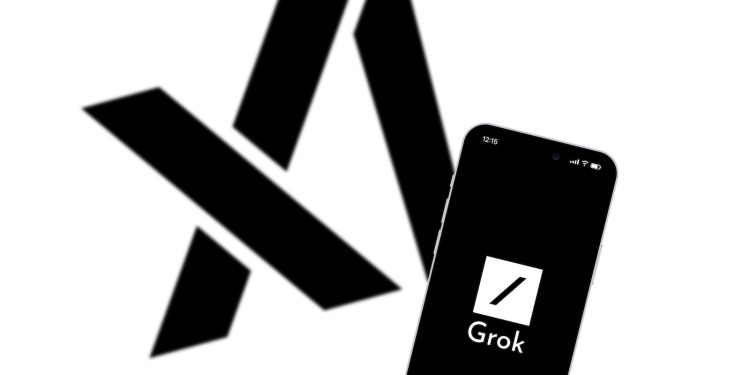Apple is back in the headlines following a public complaint from Elon Musk. The Tesla and SpaceX CEO accuses the company of deliberately discriminating against competitors in the App Store and thus violating antitrust law. Specifically, the complaint concerns the lack of visibility of the social media platform X and the Grok app developed by Musk's AI company xAI, while he argues that Apple's presentation of ChatGPT in the store constitutes unfair preferential treatment.
The dispute between Apple and Elon Musk isn't just another public showdown between two tech giants. It raises fundamental questions about the market power of the App Store, the transparency of app recommendations, and the selection criteria for prominent placements. While Musk accuses the company of deliberately distorting competition, Apple counters by pointing to security and quality standards—an argument that has more than just technical relevance in this debate.
Musk's allegations against Apple
Musk recently publicly lamented on his X platform that neither X nor Grok were featured in the App Store. At the time, X topped the news charts but apparently failed to make it into the store's prominently advertised sections. Grok, which had recently launched with new features and the free release of Grok 4 to all users, only reached fifth place overall and second place in the "Productivity" category. Musk argued that Apple was instead continually pushing ChatGPT to the forefront. In his view, this practice made it nearly impossible for other AI companies to achieve the top spot in the App Store. His criticism received additional attention after he clashed with OpenAI CEO Sam Altman on the issue in a public exchange. It is noteworthy that Grok himself qualified the claim that ChatGPT was unassailably dominant – based on the available store data.
Apple emphasizes security as a criterion
Despite xAI's announcement of "immediate legal action," no lawsuit has been filed yet. Apple responded the following day with a statement to Bloomberg reporter Mark Gurman. In it, the company clarified that safety is one of the main criteria for an app recommendation. Between the lines, this wording can be read as a subtle allusion to recent controversies surrounding Grok. These include allegations of anti-Semitic content and the integration of sexualized companion chatbots, which Apple believes could violate its own standards. The company is thus implying that such factors disqualify the app from prominent placement.
No escalation – for now
Apple appears to be taking the threats seriously, but so far, no formal complaint or lawsuit has been filed by Musk. This leaves open whether the conflict will develop into a full-blown legal battle or fade into public debate.
Apple between competition, regulation and image management
The incident highlights the delicate balance between market power, competition, and internal policies in the App Store ecosystem. While Musk creates the impression that Apple is deliberately favoring OpenAI, Apple is relying on the line of defense of security and quality control. The discussion demonstrates that the company must justify itself not only to users but also to other major market players—an issue that is likely to gain importance in the context of growing regulation and growing criticism of the App Store. (Image: Shutterstock / Ahmed_Rizq)
- OpenAI's GPT-5 Event: Everything you need to know at a glance
- OpenAI releases GPT-5: Fewer errors, more performance
- OpenAI brings free language models for local use
- New ChatAI app: Bragi and OpenAI combine their strengths
- ChatGPT Agent: OpenAI now lets AI solve tasks itself
- ChatGPT for Mac: Recording mode now available for Plus users





